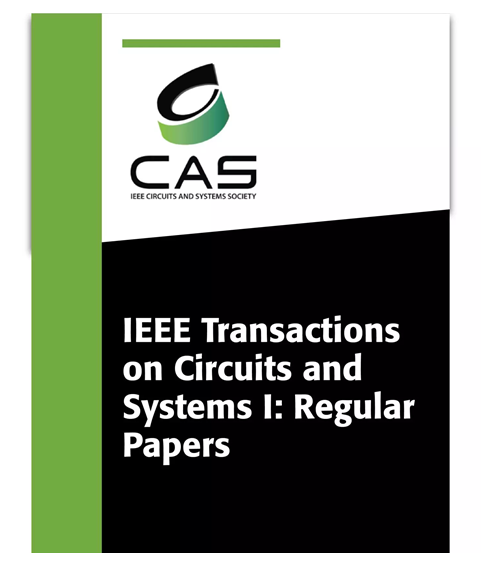A Privacy-Preserving Federated Reinforcement Learning Method for Multiple Virtual Power Plants Scheduling
IF 5.2
1区 工程技术
Q1 ENGINEERING, ELECTRICAL & ELECTRONIC
IEEE Transactions on Circuits and Systems I: Regular Papers
Pub Date : 2024-10-25
DOI:10.1109/TCSI.2024.3479427
引用次数: 0
Abstract
The application of federated learning in Virtual Power Plants (VPPs) addresses the data silo issue between VPPs and enhances their ability to cope with nonlinear and stochastic scheduling characteristics, which enables VPPs better accommodate distributed energy resources and flexible loads while participating in frequency regulation services. However, although existing federated learning methods strive to solve privacy protection issues, the plaintext transmission of gradients still exposes sensitive data to the threat of curious power control centers and external inference attacks. Therefore, a privacy-protected horizontal federated reinforcement learning approach for multi-VPP optimal scheduling is proposed in this paper. Firstly, a cost-based global optimization scheduling model for multiple VPPs is constructed, modeling the internal scheduling process of VPPs as a Markov decision process. Then, an improved secure horizontal federated multi-VPP collaborative training method is presented, and local models are trained using the Deep Transformer Q-Network algorithm, with local differential privacy and CKKS homomorphic encryption implemented to ensure privacy protection. Finally, a case study is conducted using frequency regulation ancillary service market data and the IEEE-39 bus system structure. Simulation results show that the proposed approach outperforms similar algorithms, achieving high levels of privacy protection and economic operation for VPPs.求助全文
约1分钟内获得全文
求助全文
来源期刊
CiteScore
9.80
自引率
11.80%
发文量
441
审稿时长
2 months
期刊介绍:
TCAS I publishes regular papers in the field specified by the theory, analysis, design, and practical implementations of circuits, and the application of circuit techniques to systems and to signal processing. Included is the whole spectrum from basic scientific theory to industrial applications. The field of interest covered includes: - Circuits: Analog, Digital and Mixed Signal Circuits and Systems - Nonlinear Circuits and Systems, Integrated Sensors, MEMS and Systems on Chip, Nanoscale Circuits and Systems, Optoelectronic - Circuits and Systems, Power Electronics and Systems - Software for Analog-and-Logic Circuits and Systems - Control aspects of Circuits and Systems.

 求助内容:
求助内容: 应助结果提醒方式:
应助结果提醒方式:


